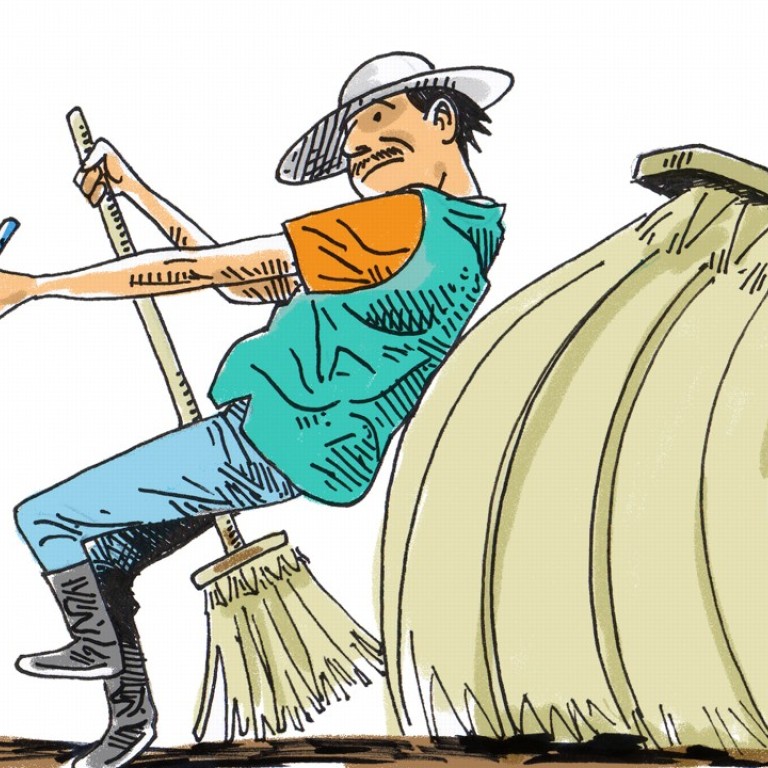
Beijing’s cruel eviction of its migrant workers is a stain on China’s urbanisation drive
Audrey Jiajia Li says the rural masses who go to the cities in search of a better life do not deserve to be treated as disposable labour, particularly given their contribution to China’s development
The popular Chinese comedian Guo Degang tells this joke: a millionaire once claimed that while he couldn’t care for all the poor in the world, he would never turn a blind eye to people suffering from poverty in his neighbourhood. Later, he evicted them all from his neighbourhood and, sure enough, there have been no poor people there ever since.
In her 2012 science fiction story Folding Beijing, Chinese writer Hao Jingfang imagined a future Beijing divided into three spaces, where residents of different social classes share the same area in a 48-hour cycle: at the top, the ruling class of 5 million people occupy the space for 24 hours, after which the Earth’s surface would turn, moving residents of the second, then the third class up, and those 25 million middle-class people and 50 million low-class people would have the city for 16 and 8 hours respectively.
It’s hard for those of us who are comedy and science fiction lovers to believe that these stories would one day come close to reality.
A new expression – “low-end population” – went viral on social media. It was initially thought to be some kind of satire made up by internet users. That was before some seemingly official documents calling for action to “avoid the massive influx of the low-end population” and demanding “tight control of the low-end population” were revealed.
Beijing’s boss warns against official haste as migrant workers reel from wave of evictions
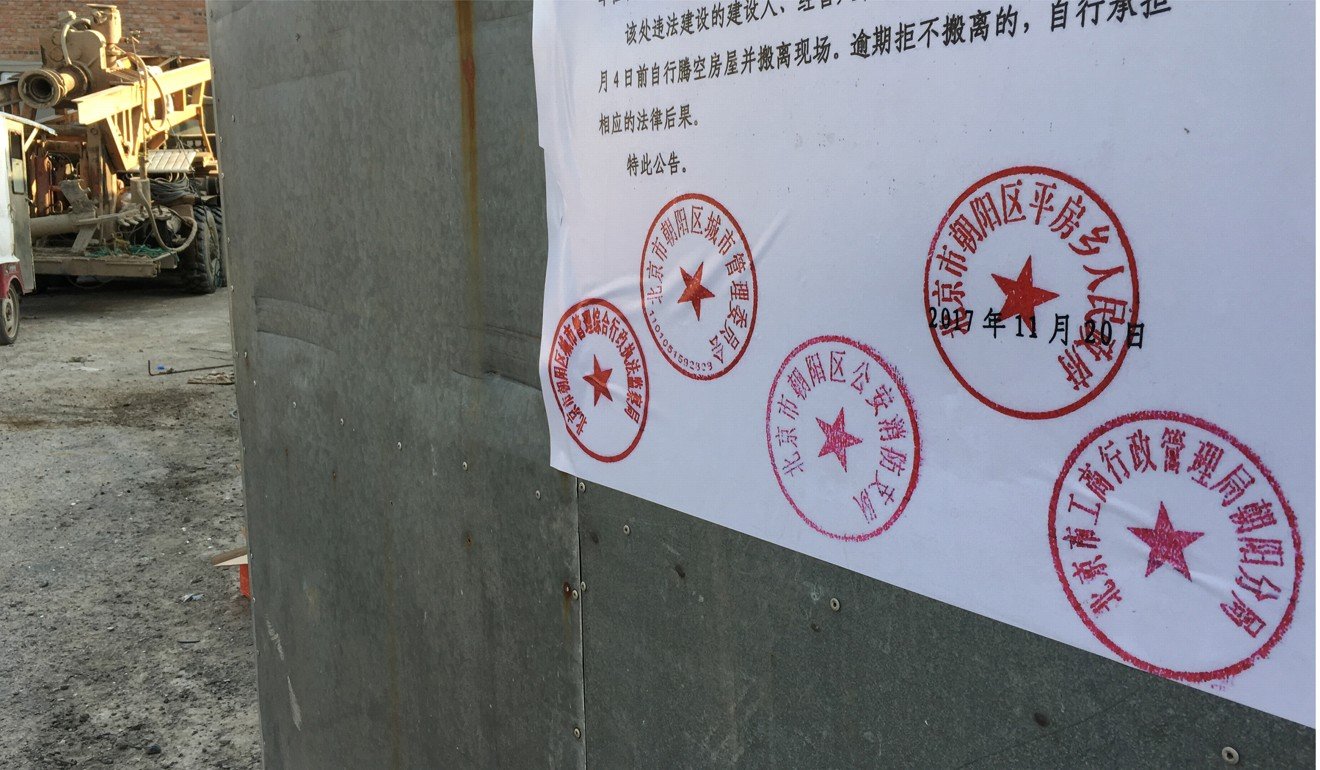
After four decades of development, China is well along the path of urbanisation. In 1978, at the beginning of Deng Xiaoping’s economic reforms, the number of urban residents accounted for only 16 per cent of the nation’s total population. In 2012, for the first time in history, people living in Chinese cities outnumbered those in the countryside, with the urbanisation ratio surpassing 50 per cent. This grew to 57.3 per cent in 2016.
They want a fairer, more decent and more respectful lifestyle than that of their parents
The number of urban dwellers has grown from 170 million to 793 million over the past 40 years.
Urbanisation remains the most durable engine driving the economy, providing the biggest potential for the country to expand its domestic consumption. It boosts demand, from concrete and steel to daily goods such as food, household items and automobiles, and has led to a surge in public services and infrastructure projects.
Rural residents leave for the cities to seek a better life, given the widening income gap between the cities and the countryside. Income inequality is high in China. For over a decade, the Gini coefficient that measures such inequality has remained at a high 0.46, despite the rapid economic growth and the rise of average living standards.
Chinese intellectuals urge Beijing authorities to stop ‘forcing’ tens of thousands of migrant workers out of city
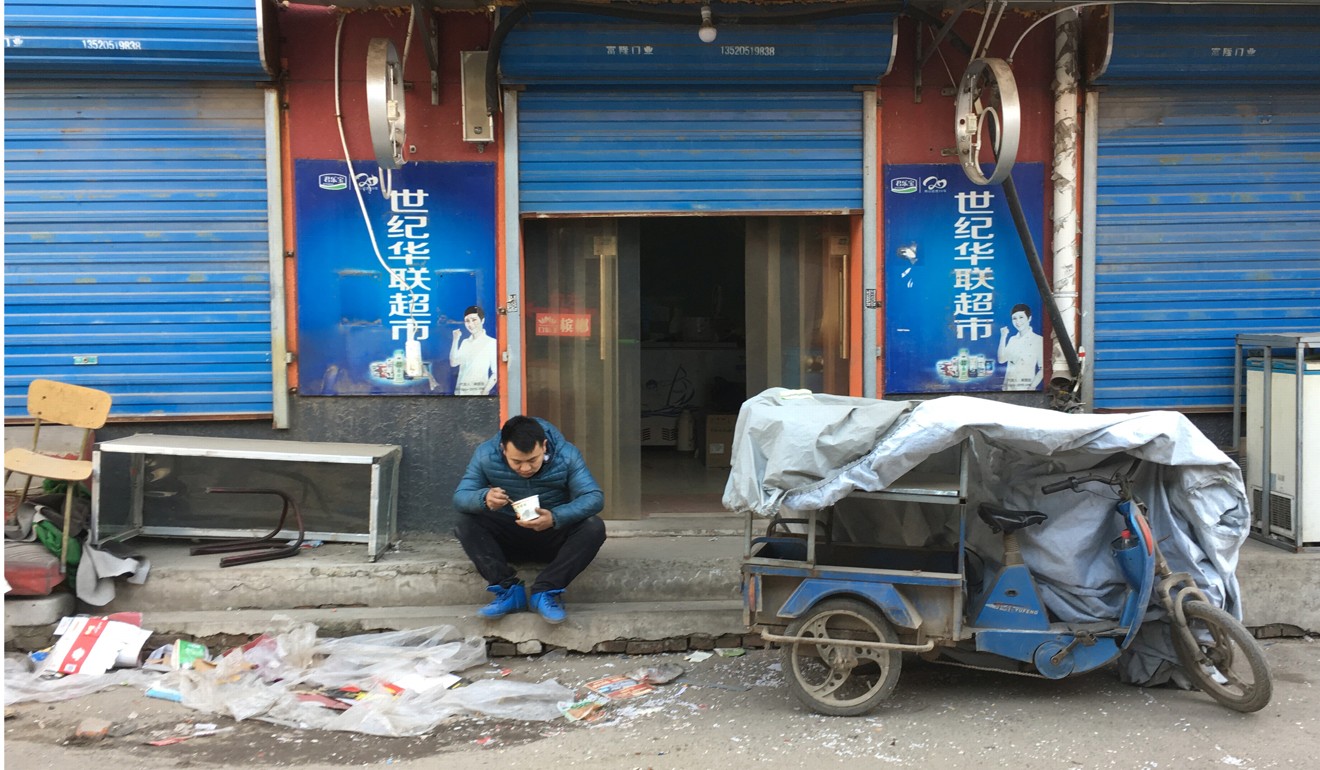
They are not only treated as cheap but are apparently also disposable
Most of the country’s second-generation migrant workers were born in the 1980s and 1990s. Without farming experience and eager to be part of the city, they strive not only to make a living, but also to be accepted by the society they live in. They want a fairer, more decent and more respectful lifestyle than that of their countryside parents.
At the same time, migrant workers have contributed significantly to cities’ development, especially in the past 10 years as the e-commerce industry flourished. The on-demand service industry, like food delivery, ride-hailing and online shopping, hire a sizeable number of migrant workers because they are hardworking and poorly compensated. Sadly, as a workforce, they are not only treated as cheap but are apparently also disposable.
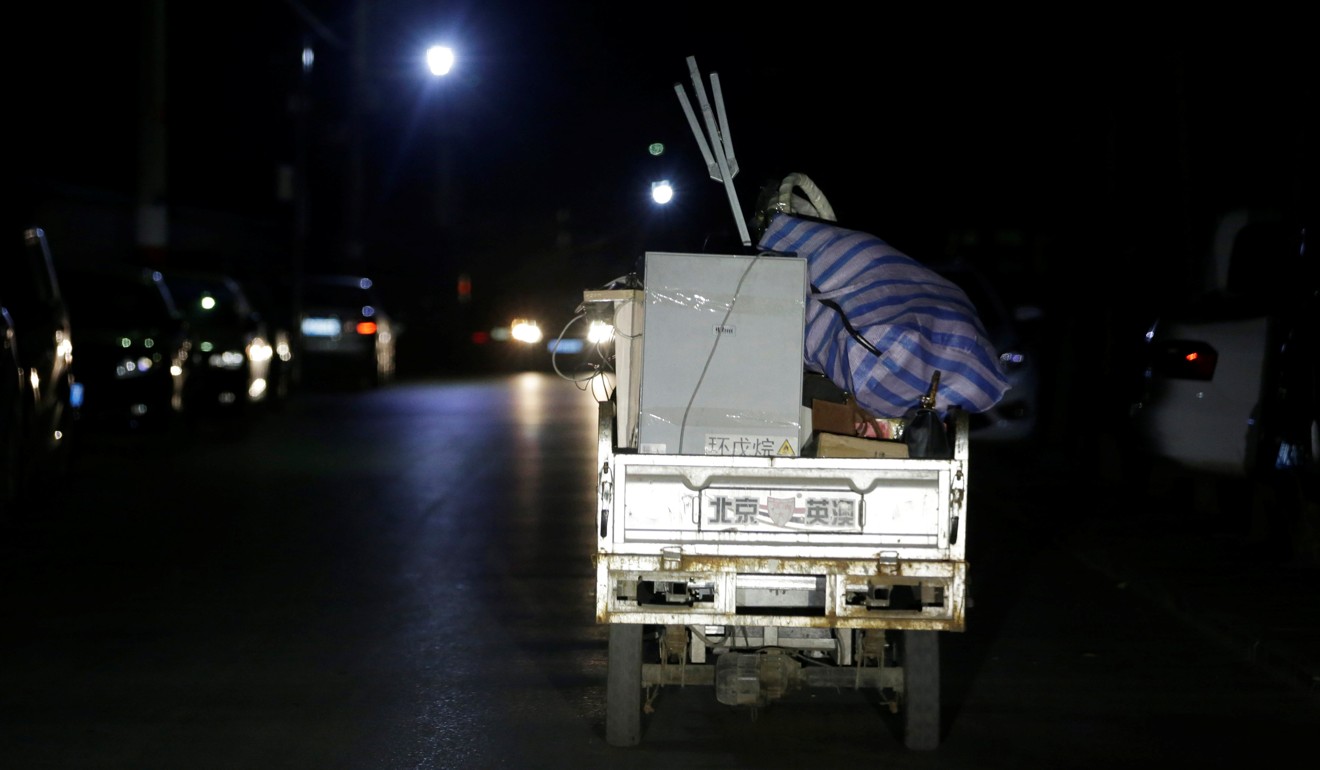
Welcome to Beijing: where helping the homeless can get you evicted
This is not the first time the capital city has driven away migrant workers and “low end” small businesses in the name of eliminating safety hazards. There have been waves of such evictions. In the 1990s, the target was the Wenzhou vendors and small business owners; around 2010, it was the “ant tribes” – low-income young workers sharing tiny living spaces in dark and humid basements.
It is winter time in the northern hemisphere. While life for those at the bottom is harsh all over the world, their treatment at this time of year varies. In the UK, survivors of a recent deadly blaze in London were rehoused, regardless of whether they were locals. In France, from November to March each year, landlords are prohibited from evicting tenants and the government must compensate them for any possible losses. In North America, there are shelters to help the homeless cope with the severe weather.
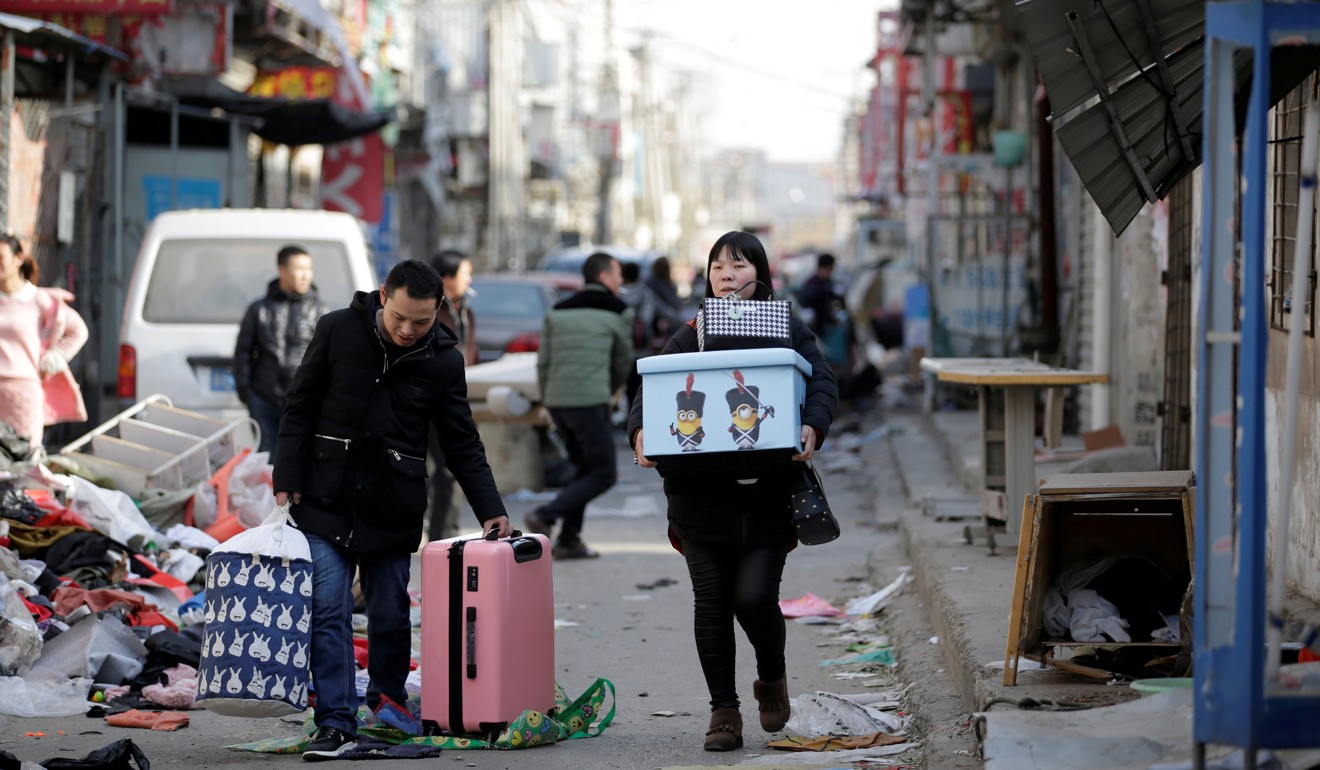
We can only hope that Beijing’s action last week was not an indication of the tactics authorities will employ to implement an earlier plan to cut 15 per cent of the downtown population in two years, which would amount to a reduction of about two million people.
As a society urbanises, its “hardware” and “software” should both improve. Manual workers should be respected and cherished, not repaid with arrogance, discrimination and humiliation. The cruellest urbanisation is one coloured by social Darwinism: driving people out when, in the eyes of policymakers, they are no longer needed and have become a burden.
Audrey Jiajia Li is the 2017 Elizabeth Neuffer fellow with the International Women’s Media Foundation. She is currently in residence at the MIT Centre for International Studies

